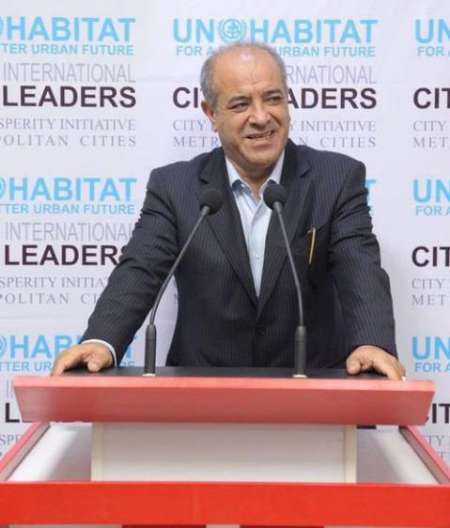
Supreme Leader of the Islamic Revolution Ayatollah Seyyed Ali Khamenei promulgated general policies of employment in 2011 and emphasized on the issue in form of the Economy of Resistance, but he particularly used the keyword of employment. Yet, we should consider why the Leader has accentuated on employment.
Employment is a socio-economic reality, but its economic aspect is more important; therefore, any policy that ignores its economic logic is doomed to be failed.
Unemployment is a global issue. While the growth rate of the world GDP was 3.1 percent in 2016 and 3.4 percent growth rate is predicted for 2017, unemployment rate is still high and this figure will be 5.8 percent in 2017. It is estimated that 3.4 million will be added to the world unemployed people and there would be 201 million jobless globally.
Unemployment increase will be much more severe in emerging economies because of the deep recession in 2016. For instance, Brazil would experience unemployment rate of 8.4 percent in 2017 while unemployment rate will be reduced in developed countries in 2017 compared to the last year.
In addition to global unemployment, the issue of vulnerable jobs is important as well. Currently, 1.4 billion vulnerable employments exist in the world. Four out of five employed people have vulnerable jobs in the developing countries. Half of the workers in the South Asia and Africa earn less than 3 USD.
Moreover, inequality and gap between different age groups in employment and injustice between men and women employees should be regarded too.
In developing countries, youth unemployment wastes economic opportunities one after another leading to social instability. For example, the rate of youth unemployment is 26 percent in the Africa, 24 percent in the Middle East, and 22 percent in the Commonwealth of Independent States (CIS) countries.
Joblessness is a critical issue in Iran, particularly youth unemployment. It is nearly 12.5 percent and this figure is more than 31 percent among 20 to 24 year-old young people.
On the other hand, there is no balance between different economic sectors. This means that unlike developed countries that employment is higher in industry sector, some 50.6 percent of Iranians work in service sector, 32.1 percent in industry, and 17.3 in agricultural sector.
It seems that employment issue requires a fundamental solution and short-term sectional policies will not lead to a great change.
In addition to high unemployment, low rate of labor productivity is also a major problem. Raising wages is achieved by increasing productivity.
Supporting employment without increasing labor productivity and efficiency is considered as an inefficient policy.
Productivity is the engine of economy. As Paul Krugman, Nobel laureate and economist, said productivity is not everything, but in the long run, it is almost everything.
Productivity means working smarter instead of working harder. Thus, productivity of labor force should be paid more than before beside employment.
Author: Dr. Hossein Pourzarandi, President of Iran Urban Economics Scientific Association (IUESA)
Source: IUESA
**1394
www.irna.ir
 solhkhabar | Peace International News Agency Peace International News Agency , Peace News , International Agency News of Peace
solhkhabar | Peace International News Agency Peace International News Agency , Peace News , International Agency News of Peace